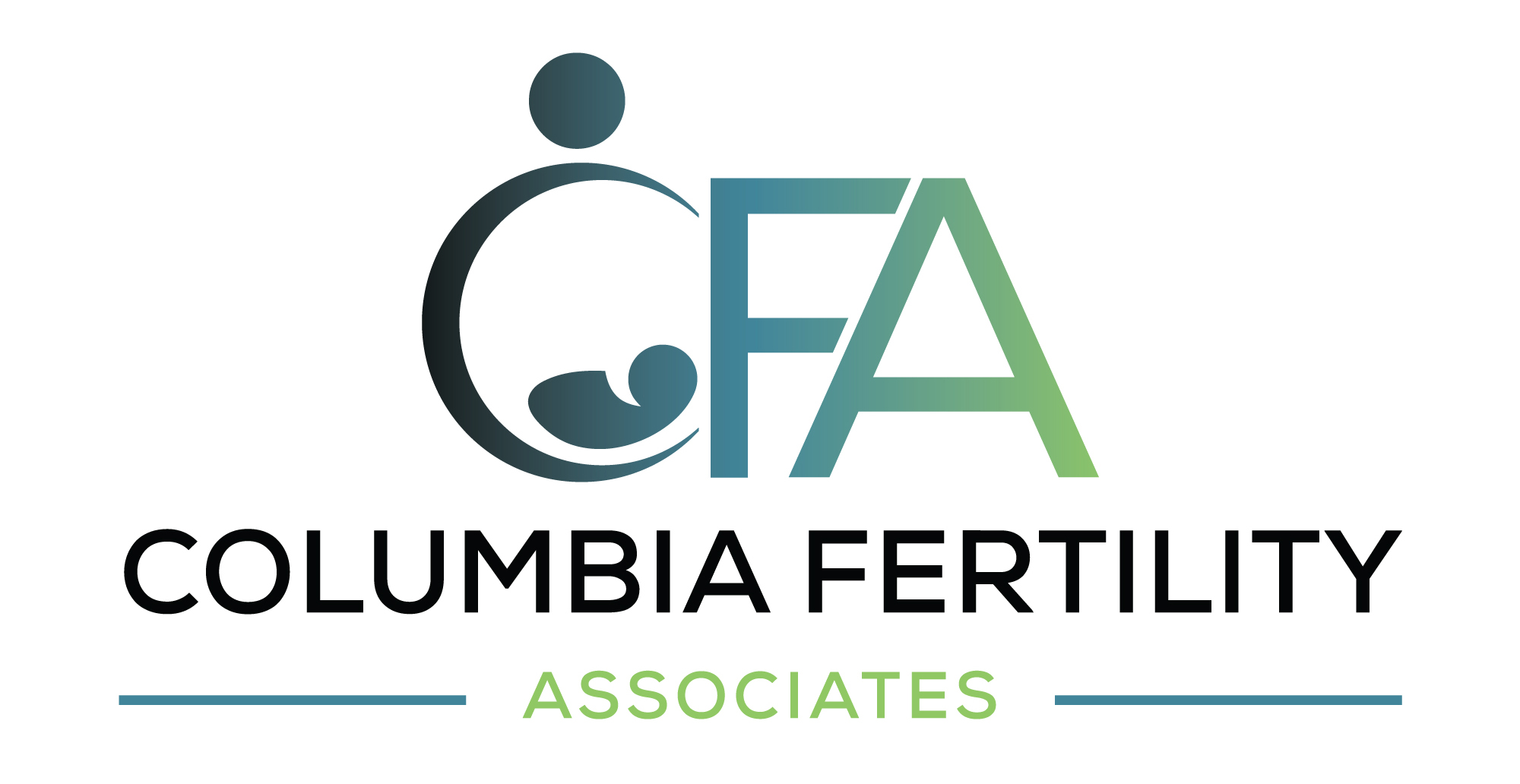If you’ve suffered a miscarriage, you know how devastating it can be. Realizing that you’re not alone and that other women — including Michelle Obama and Chrissy Teigen — have also suffered the early loss of a pregnancy may help you heal. But it still hurts.
Most of the time, miscarriages occur because of factors beyond your control, such as chromosomal abnormalities. The miscarried fetus was never viable in the first place and could never have become a healthy baby.
However, certain lifestyle issues may increase your chances of fetal abnormalities and miscarriage. Improving your own health gives you and your baby the greatest chance of a healthy pregnancy and uneventful delivery.
The expert OB/GYNs and infertility specialists at Columbia Fertility Associates provide the following guide to help you reduce your risk for miscarriage. All of the tips also help you optimize your own health. Although nothing can guarantee a healthy pregnancy, avoid the following both before and during pregnancy to improve your odds:
An unhealthy weight
If you’re either overweight or underweight, you’re more likely to suffer a miscarriage. A healthy weight usually reflects a diet that’s filled with nourishing foods, such as fruits and vegetables. However, don’t try to go on a calorie-restricted diet to quickly melt off pounds, as traditional weight-loss diets may be deficient in nutrients.
Talk to your doctor about what a healthy weight is for your height and bone structure. If you need to lose (or gain) weight, we can help you design a healthier diet and activity plan or refer you to a specialist for medically supervised weight loss.
Alcohol, drugs, and cigarettes
Abusing drugs — including alcohol and caffeine — may increase your risk for a miscarriage. Alcohol, tobacco products, and recreational drugs are full of toxins that can harm a fetus. Stressing your body by taking in too many toxins may also prevent you from getting pregnant in the first place.
If you’re addicted to substances that can harm a fetus, you’re also harming yourself. We can refer you to programs and counselors who help you find healthier ways of dealing with stress and teach you techniques to break addictions.
You should also avoid second-hand smoke if you’re pregnant. If your partner or anyone you live with smokes, encourage them to enroll in a cessation program.
Radiation
Cancer treatments that include radiation increase the chances that you’ll miscarry. If you must receive radiation therapy, try to wait until after you’re in remission before trying to become pregnant.
Other forms of radiation can also trigger a miscarriage, including X-rays. Always let your doctor or dentist know you’re pregnant before getting an X-ray.
Chemicals
Some of the toxic chemicals that are present in everyday houseware products, such as paint and paint thinners, are associated with miscarriages.
Chemicals and toxins to avoid include:
-
- Per- and polyfluoroalkyl substances (PFAS) in coated cookware
- Heavy metals, like lead and cadmium
- Organic solvents
- Tetrachloroethylene (dry cleaning solvent)
- Glycol ethers (in semiconductors)
- 2-Bromopropane (used in electronics)
- Petrochemicals
- Ethylene oxide (dentistry)
- Anesthetic gases
- Antineoplastic drugs (cancer treatments)
You may be exposed to toxic chemicals in your work environment. For instance, anesthesiologists, dentists, and oncologists are regularly exposed to toxic substances. So are janitors and others who work in the cleaning industry.
If you work in an industry that exposes you to toxins, you may be able to request a temporary reassignment while you’re pregnant. If you can’t do that, try to minimize your exposure by following safety guidelines strictly. But don’t stress out, as all women have some toxins in their blood and still have healthy babies.
Inactivity
Even though you’re pregnant, you should still continue to exercise. Your baby needs a healthy body to grow in. Talk to your doctor about how to adapt your exercise routine for each trimester.








